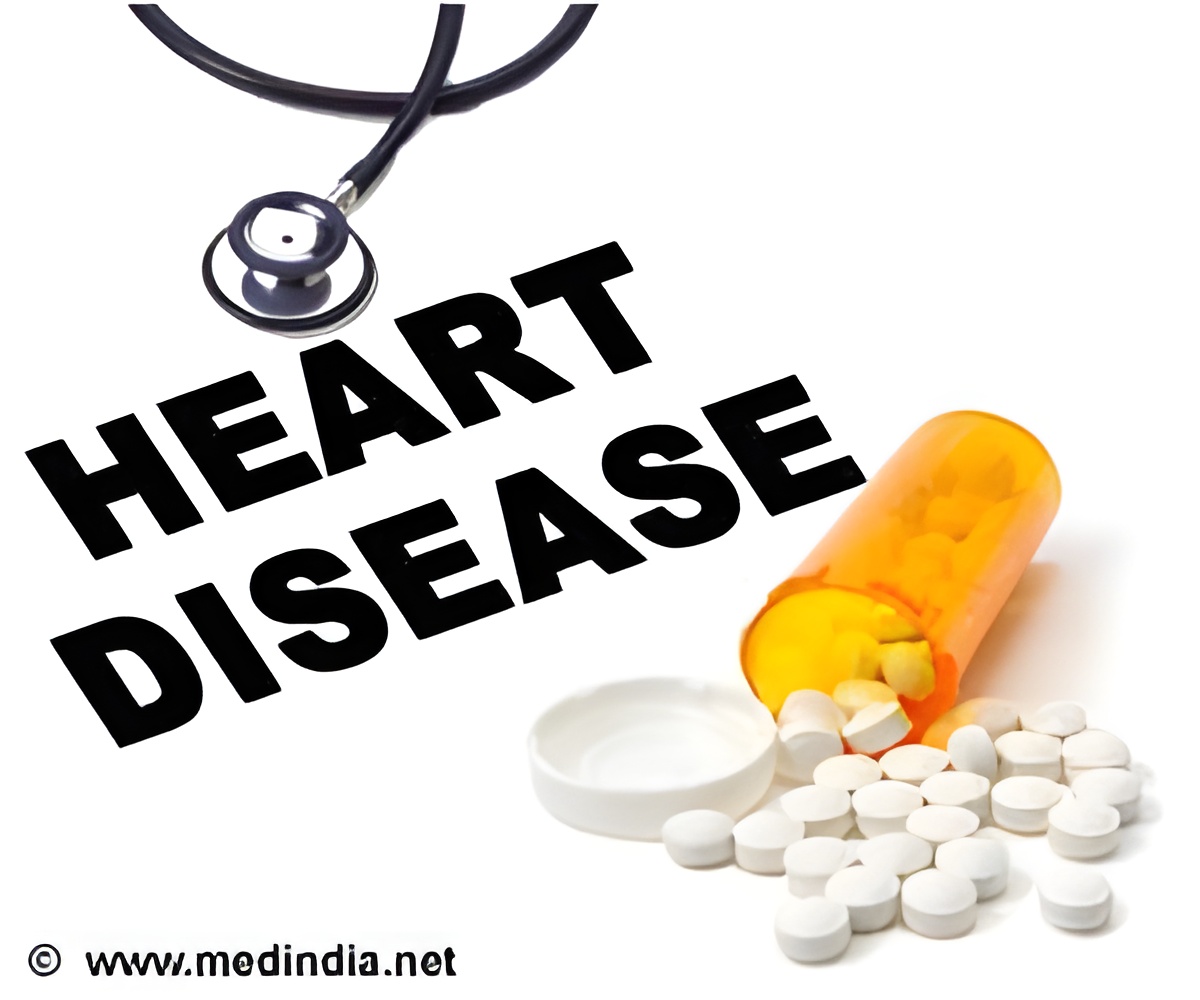Results of a randomized double-blind trial which were presented at the Heart Failure 2013 congress reveal that the drug, Coenzyme Q10, decreases all-cause mortality by half.

Heart Failure 2013 is being held from 25-28 May in Lisbon, Portugal. It is the main annual meeting of the Heart Failure Association of the European Society of Cardiology (1).
Coenzyme Q10 (CoQ10) occurs naturally in the body and is essential to survival. CoQ10 works as an electron carrier in the mitochondria, the powerhouse of the cells, to produce energy and is also a powerful antioxidant. It is the only antioxidant that humans synthesise in the body.
CoQ10 levels are decreased in the heart muscle of patients with heart failure, with the deficiency becoming more pronounced as heart failure severity worsens. Statins are used to treat many patients with heart failure because they block the synthesis of cholesterol, but these drugs also block the synthesis of CoQ10, which further decreases levels in the body.
Double blind controlled trials have shown that CoQ10 improves symptoms, functional capacity and quality of life in patients with heart failure with no side effects. But until now, no trials have been statistically powered to address effects on survival.
The Q-SYMBIO study (2) randomised 420 patients with severe heart failure (New York Heart Association (NYHA) Class III or IV) to CoQ10 or placebo and followed them for 2 years. The primary endpoint was time to first major adverse cardiovascular event (MACE) which included unplanned hospitalisation due to worsening of heart failure, cardiovascular death, urgent cardiac transplantation and mechanical circulatory support. Participating centres were in Denmark, Sweden, Austria, Slovakia, Poland, Hungary, India, Malaysia and Australia.
Advertisement
CoQ10 treated patients had significantly lower cardiovascular mortality (p=0,02) and lower occurrence of hospitalisations for heart failure (p=0.05). There were fewer adverse events in the CoQ10 group compared to the placebo group (p=0.073).
Advertisement
He added: "Other heart failure medications block rather than enhance cellular processes and may have side effects. Supplementation with CoQ10, which is a natural and safe substance, corrects a deficiency in the body and blocks the vicious metabolic cycle in chronic heart failure called the energy starved heart."
CoQ10 is present in food, including red meat, plants and fish, but levels are insufficient to impact on heart failure. CoQ10 is also sold over the counter as a food supplement but Professor Mortensen said: "Food supplements can influence the effect of other medications including anticoagulants and patients should seek advice from their doctor before taking them."
Patients with ischaemic heart disease who use statins could also benefit from CoQ10 supplementation. Professor Mortensen said: "We have no controlled trials demonstrating that statin therapy plus CoQ10 improves mortality more than statins alone. But statins reduce CoQ10, and circulating CoQ10 prevents the oxidation of LDL effectively, so I think ischaemic patients should supplement statin therapy with CoQ10."
Source-Eurekalert















